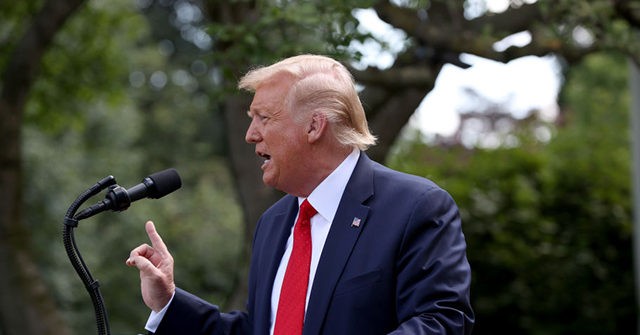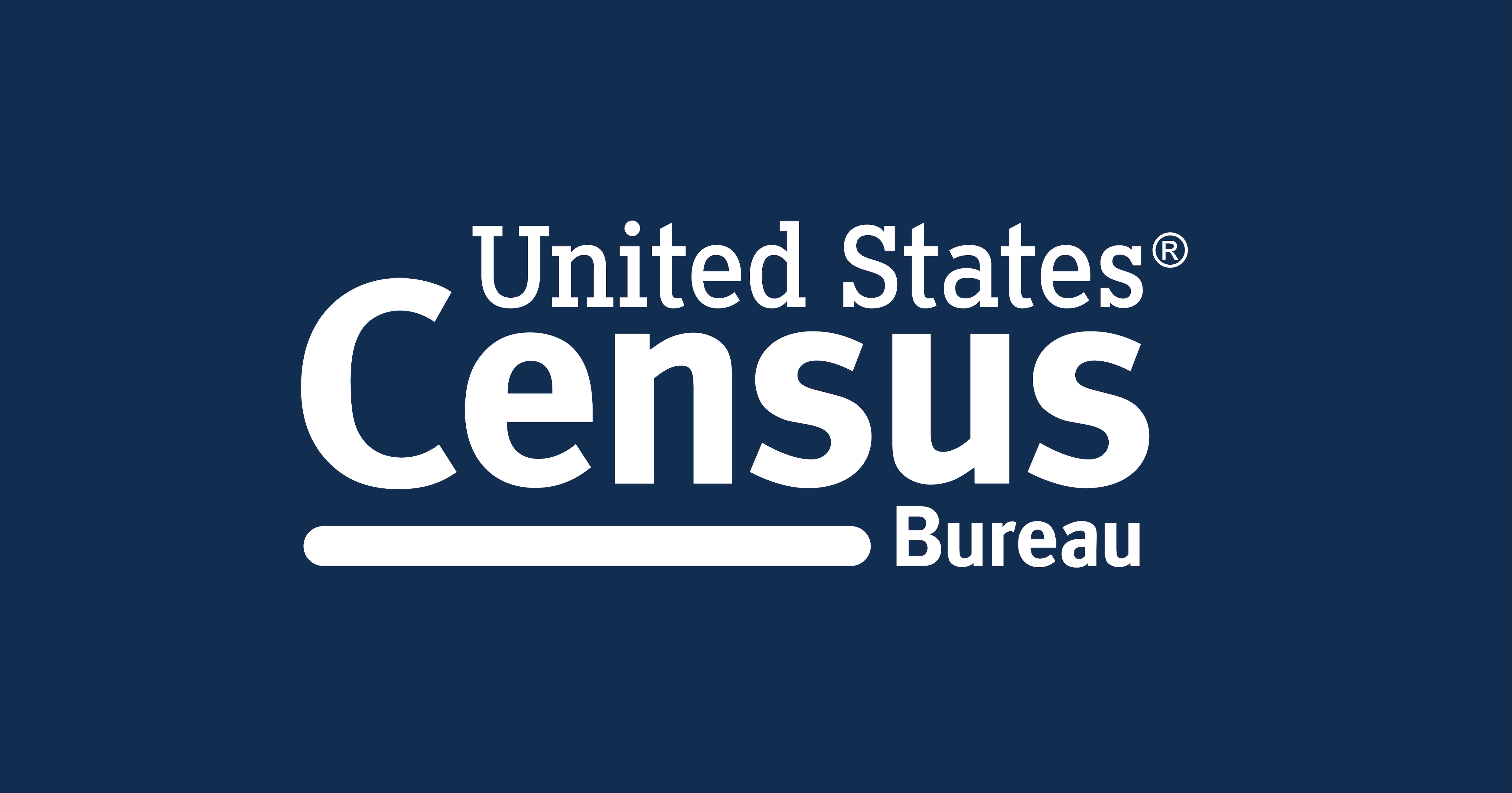@
busybee01
Since you've been avoiding to answer my question, or more likely, you've been intellectually incapable to answer, let me clarify couple of things for you, and others who are reading our conversation. Although I am very skeptical that you could understand the subject, I'd like to give you an idea what it meant with "proper English word usage" in the post above.
Again, I am not a lawyer, and I don't speak "lawyer", but I do have couple of friends that are, with whom on occasion I have privilege to have a conversation about topics they're much more knowledgeable than I am. I have tried to have discussion with you, but I can tell you, I had better conversations with my pet rock than I have with you.
I'll start with
Preamble to the Bill of Rights
"The Conventions of a number of the States, having at the time of their adopting the Constitution, expressed a desire, in order to prevent misconstruction or abuse of its powers, that further
declaratory and
restrictive clauses should be added: And as extending the ground of public confidence in the Government, will best ensure the beneficent ends of its institution." You can read the rest in the link above.
The Bill of Rights (BoR) created no Rights. It simply stated Rights held by "We the People".
Some people praise the 14th Amendment for bringing the BoR to the
several States as if the States were lawless kingdoms where anarchy ruled. These people, generally, do not know about the original States and how territories became States. They think States created themselves with no input from common people. Most only vaguely conceive that their State even has a constitution. Most that do have never read their State's original constitution.
The facts are that the State's constitutions protected their Citizens at least as well as the federal one, in most cases better. The federal constitution was designed to lay out specific responsibilities and authorities delegated to the federal government by the
several States for matters external to them and among the
several States but not matters within them.
You probably noticed bold letters when I mention "several States", and here is why. Most Americans applaud the 14th Amendment for bringing the BoR to the several States but never consider why. When you see “United States” in a sentence, or in the Constitution, or in law, you know that it is referring to the country, right? Well maybe not.
The U.S. Supreme Court in Hooven & Allison Co. v. Evatt, 324 U.S. 652 (1945) stated:
"The term 'United States' may be used in any one of several senses. It may be merely the name of a sovereign occupying the position analogous to that of other sovereigns in the family of nations. It may designate the territory over which the sovereignty of the United States extends, or it may be the collective name of the states which are united by and under the Constitution."
So the term “United States” may be (among others):
1. A nation among other nations, as when the United States is represented at the U.N. A singular entity.
2. The territory over which the sovereignty of the United States extends. Since this is also a singular entity it must mean the areas over which the Federal government has jurisdiction, the District of Columbia, Guam, Puerto Rico, and all other possessions and territories of the federal government
3. The Several States united by the Constitution. A plural term. The term Several States is usually used to denote the, currently, 50 separate States in law.
The first definition is easily understood, the second and third are not. Let’s look at the third definition in the U.S. Constitution. Note that these definitions are mutually exclusive to one another. This brings me back to the questions I asked you several times earlier, that you could not answer. To answer, you first need a knowledge of history, then knowledge of the Constitution, and also the knowledge of proper English use of words. You have none of these, and you think that googleing something will provide you with critical thinking. Hint: It wont.
13th Amendment
Section 1. Neither slavery nor involuntary servitude, except as a punishment for crime whereof the party shall have been duly convicted, shall exist within the United States, or any place subject to their jurisdiction.
Note the "their jurisdiction", it is plural and means the several States, but not the federal government or it's possessions and territories. In English language, and in US law, explicitly naming entities implicitly excludes entities not named. Since this Amendment explicitly and exclusively names the several States it excludes the federal government from its provisions against involuntary servitude. So, the 13th Amendment states explicitly that: Neither slavery nor involuntary servitude, except as a punishment for crime where of the party shall have been duly convicted, shall exist within the several States, or any place subject to their jurisdiction... AND... Implicitly states that: Either slavery or involuntary servitude shall exist within the Federal Government, or any place subject to the jurisdiction thereof. The punishment exception doesn’t apply here since it is negated by the implicit allowance of involuntary servitude.
This is exactly where anti-constitutionals leftists are failing to recognize the clear meaning of this amendment. One thing to remember here is just because the law allows something doesn’t mean it has to either state it or refute it. It would be better to look at our lives and see if we are truly free or not. This brings me back to the beginning of this thread and meaning of the 14th Amendment and the second definition of "United States" and brought up above. The former Confederate States, after being welcomed back into the Union and after voting to ratify the 13th Amendment, balked at the intent of the proposed 14th Amendment. Only Citizens of the several States, known as "We the People", could vote for President and had representation in Congress. This amendment's purpose was to create a new class of citizen, one not of the several States but a subject of the federal government. All federal territories and possessions were, and are, under the exclusive control of Congress through Article 1, Section 8 of the federal constitution.
Damn, I did not realize that is this late, and since I have to get up early, I'll have to wrap it up quickly. So... In retaliation for their refusal to cede to the federal government a Right that was always held exclusively by the several States, the Northern Congressmen refused to seat those former Confederate Congressmen and then passed the Reconstruction Acts that called for the military occupation of those States (except Tennessee who voted for the 14th), the overthrow of the duly-elected officials and the appointment of replacements by Congress. These appointed officials then voted to ratify the amendment. You think that's constitutional?
Since the 14th Amendment was, in my opinion, unlawfully and unconstitutionally declared ratified, why was it important to those who instigated the war between the States to write it? To understand that, you must do unthinkable and step outside your government-controlled education and leftist mindset. Despite the teaching that the Founders were generally supportive of the new concept that "all political authority" was held by "We the People", quite a few were opposed to a Constitutional Republic. Some wanted a monarchy, some a pure democracy, others an oligarchy, with them and their heirs as leaders. They could see that slavery was going to slowly be fazed out. Industrial innovation would reduce, if not eliminate, the need for slaves so the then corrupt officials had to create a situation that would allow them to take control of the nation.
So, to finish, let's look at the 14th Amendment.
Section 1: "All persons born or naturalized in the United States and subject to the jurisdiction thereof, are citizens of the United States..."
The creation of a new class of citizen wholly subject to the federal government. Note the "subject to THE jurisdiction". It denotes the federal government; if it meant the several States, it would have stated "subject to their jurisdiction" as in the 13th Amendment or "subject to the jurisdictions". That is why the Southern States objected to it. Those majority Northern Congressmen wanted power and did not hold to the idea of a free people not under their domination. They knew exactly what they wrote and used it to eventually destroy the American Republic and "We the People".
Privileges and immunities clause of Fourteenth Amendment protects only those rights peculiar to being CITIZEN OF THE FEDERAL GOVERNMENT, it does not protect those rights which relate to STATE CITIZENSHIP. That is exactly why counting illegal aliens for the purpose of Congressional apportioning is unconstitutional, and cannot be allowed. I'll leave it here for now, you have more than enough to read, although I doubt you have enough gray matter to process it, in other words, you're moron. Good night.

www.breitbart.com



